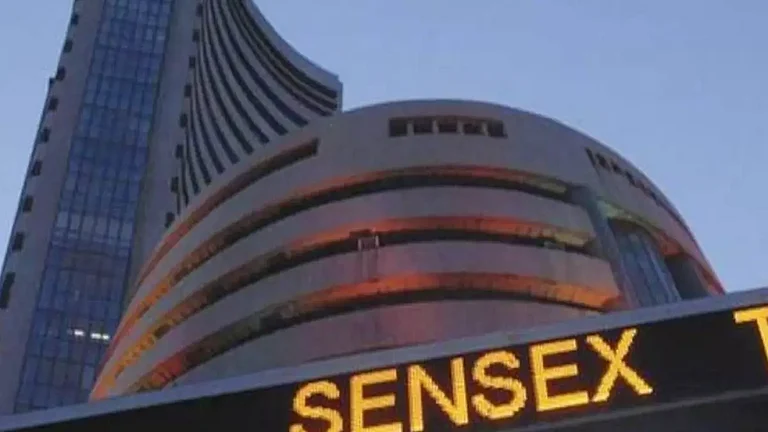
Equity markets will track the GST Council meeting (Sept 3–4), macroeconomic data, and FII activity for direction.
Investors will also watch tariff negotiations, global market trends, crude oil prices, rupee-dollar movement, and auto sales data.
Strong Q1 GDP growth of 7.8% offers resilience, but US tariffs (50% on Indian goods) cloud the outlook.
Equity markets this week would keenly track the upcoming GST Council meeting, macroeconomic data announcements and trading activity of foreign investors for further movement, analysts said.
Moreover, developments related to tariff negotiations, global market trends and auto sales data would also drive investors' sentiment.
"Looking ahead, India's resilience, supported by strong Q1 GDP print driven by government spending and policy measures, may provide a buffer against external headwinds, though fiscal concerns remain. A resolution of tariff disputes could act as a key catalyst for market sentiment," Vinod Nair, Head of Research, Geojit Investments Ltd, said.
India's economy grew by a stronger-than-expected 7.8% in April-June, its fastest pace in five quarters, before US President Donald Trump imposed tariffs that now cloud the outlook, threatening key exports like textiles.
"This week will be event-heavy, marking the start of a new month with several high-frequency indicators due for release. Investors will closely track auto sales data, along with HSBC manufacturing, services, and composite PMIs.
"Additionally, the GST Council meeting will be a key focus, with expectations building around an accelerated implementation of proposed reforms. These events are likely to set the near-term tone for risk sentiment," Ajit Mishra -- SVP, Research, Religare Broking Ltd, said.
Markets would also track the rupee-dollar trend and movement in crude oil prices, experts noted.
Siddhartha Khemka -- Head of Research, Wealth Management, Motilal Oswal Financial Services Ltd, said, "On the domestic front, focus will be on the GST Council meeting scheduled for September 3-4 to discuss the proposed GST reforms. Additionally, markets on Monday would react to India's GDP data released after market hours on Friday." Last week, the BSE benchmark dropped 1,497.2 points, or 1.84%, and the Nifty declined 443.25 points, or 1.78%. Sentiment was dampened by concerns over the impact of US tariffs on Indian exports that came into effect during the last week.
"This week will be crucial with a slew of domestic and global data releases. On the domestic front, investors will closely watch auto sales numbers, along with key PMI data. Globally, PMI prints and other major macroeconomic indicators, particularly the US non-farm payrolls data, will remain in focus," Pravesh Gour, Senior Technical Analyst at Swastika Investmart Ltd, said.
Tariff-related uncertainty dominated market sentiment last week, curbing risk appetite, an expert said.
"This week presents a challenging environment for Indian equities, as markets grapple with significant headwinds from the recently implemented 50% US tariffs on Indian goods, which took effect on August 27. Foreign Institutional Investors (FIIs) have turned net sellers, while Domestic Institutional Investors (DIIs) have provided strong support.
"The market's trajectory will largely depend on clarity regarding tariff negotiations and upcoming domestic policy measures, including potential GST rationalisation discussions," Puneet Singhania, Director at Master Trust Group, said.
































